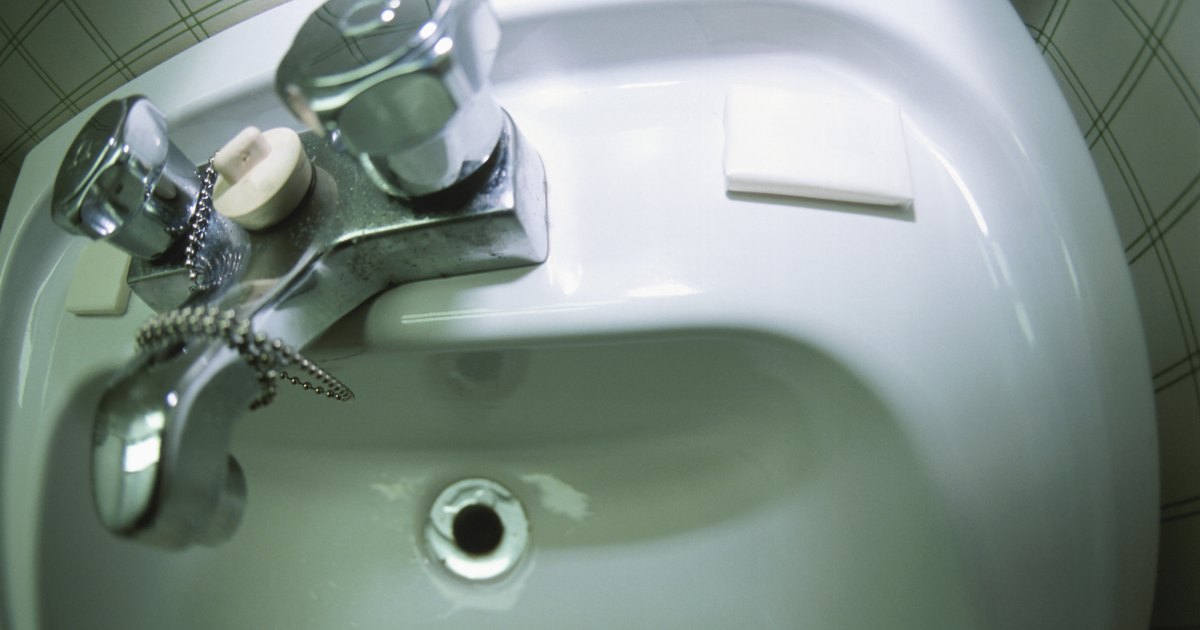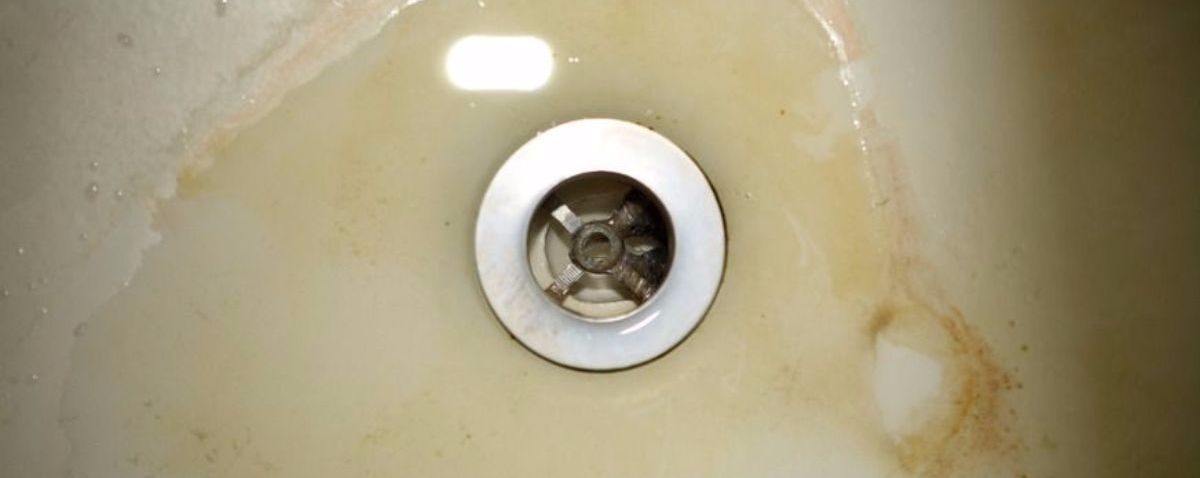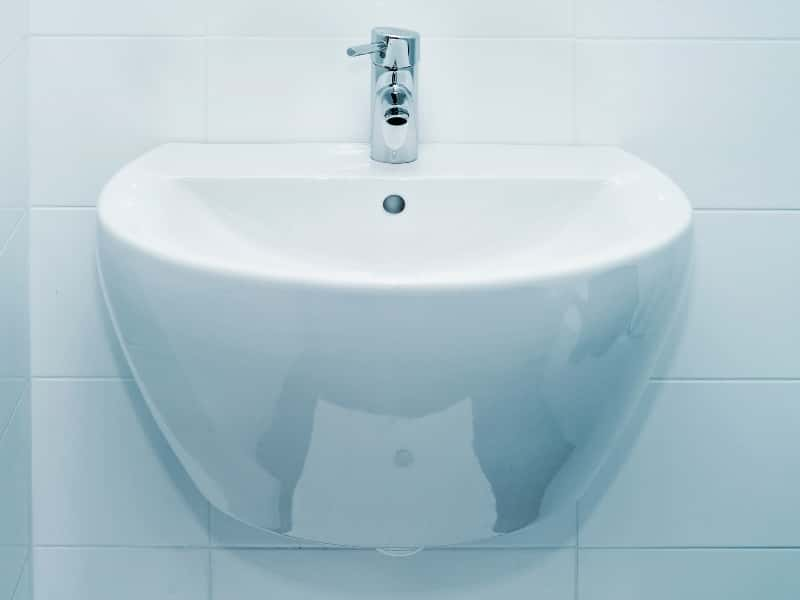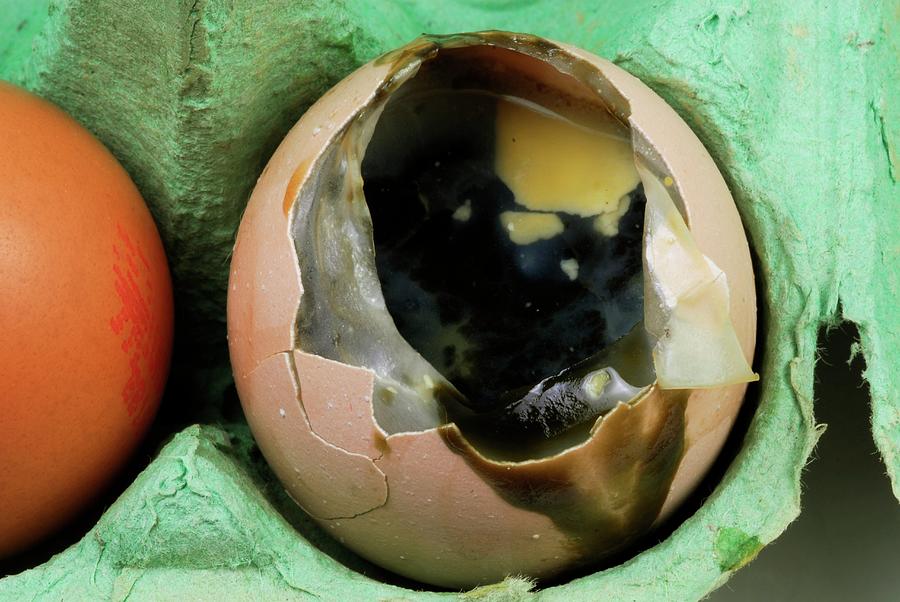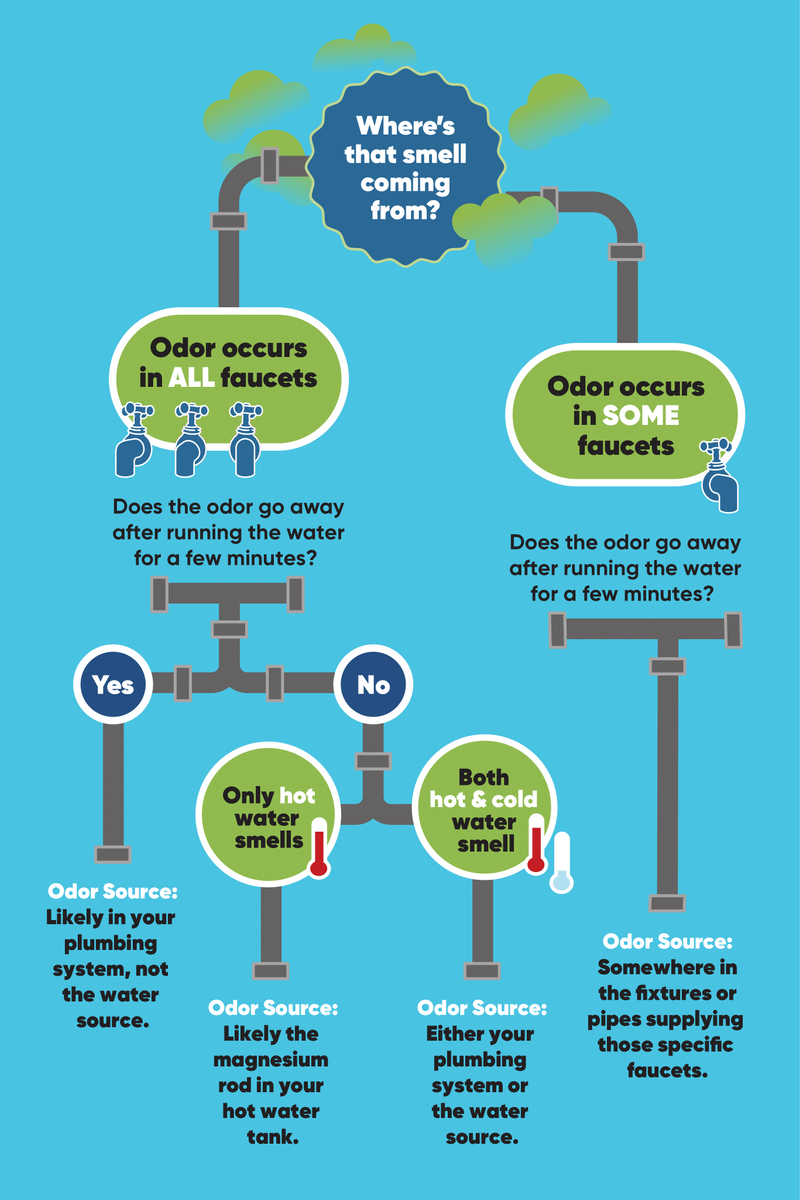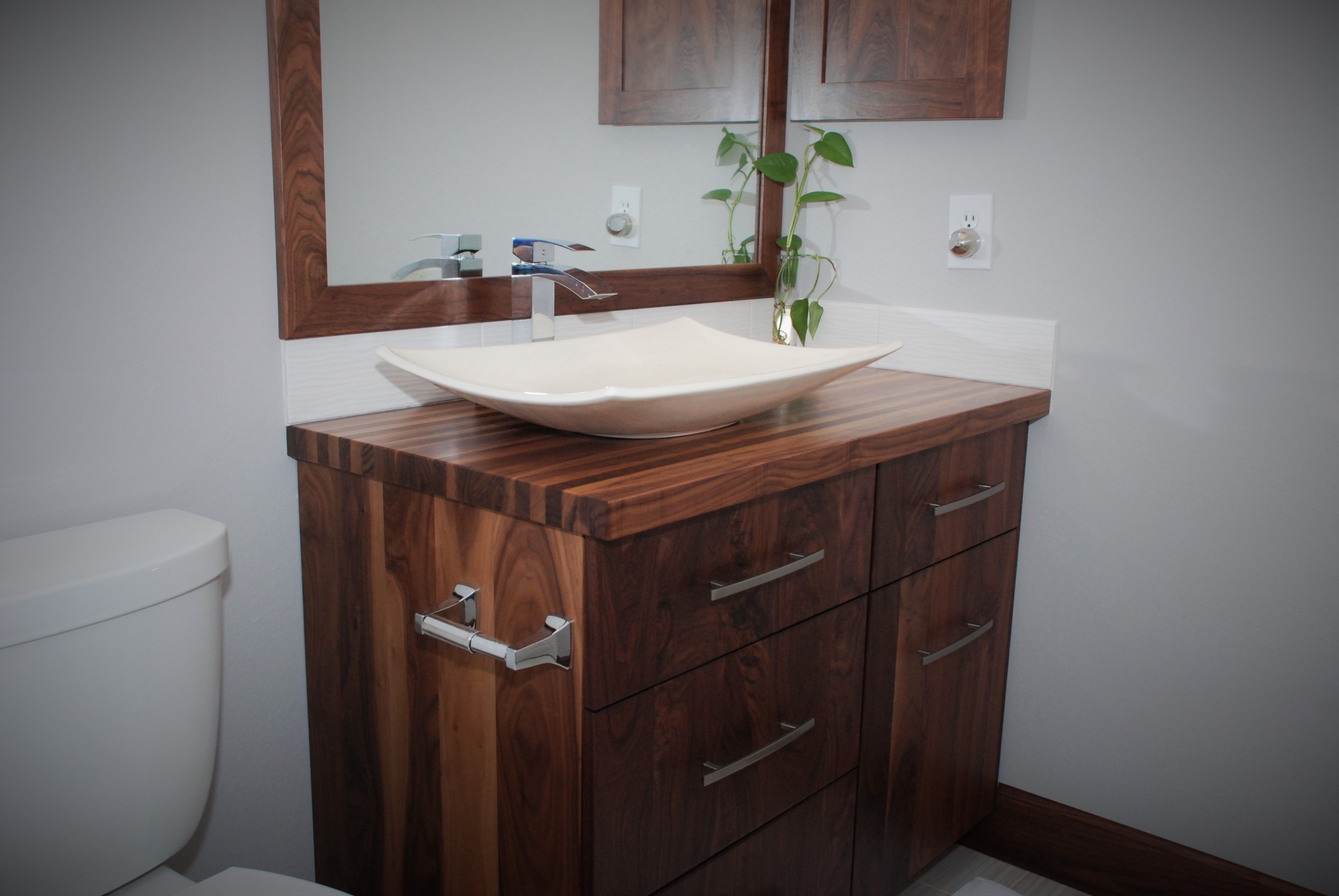If you've noticed a foul odor coming from your bathroom sink drain, chances are it smells like rotten eggs. Not only is this smell unpleasant, but it can also be a sign of a deeper issue with your plumbing. Luckily, there are several solutions to get rid of the rotten egg smell and keep your bathroom smelling fresh. Let's take a look at some effective methods to eliminate the stench from your bathroom sink drain.How to Get Rid of Rotten Egg Smell in Bathroom Sink Drain
Before we dive into the solutions, it's important to understand why your bathroom sink drain smells like rotten eggs in the first place. The most common cause of this odor is the buildup of bacteria in your pipes. These bacteria produce sulfur gas, which gives off the distinct smell of rotten eggs. Other factors that can contribute to this smell include a clogged or dry P-trap, sewer line issues, or a damaged vent pipe.Why Does My Bathroom Sink Drain Smell Like Rotten Eggs?
Now that we know what causes the rotten egg smell, let's explore some solutions to get rid of it. One of the easiest and most effective methods is to clean your bathroom sink drain with a mixture of baking soda and vinegar. Simply mix equal parts of these two ingredients and pour it down the drain. Let it sit for about 30 minutes, then pour hot water down the drain to flush out any remaining debris. If the smell persists, you may need to remove and clean the P-trap, which is the curved pipe under your sink. This is where bacteria and debris can accumulate, causing the foul odor. It's important to wear gloves and use a bucket to catch any water or debris that may come out while removing the P-trap. Once it's removed, clean it thoroughly with hot water and soap, then reattach it.Causes and Solutions for Rotten Egg Smell in Bathroom Sink Drain
Regularly cleaning your bathroom sink drain can help prevent the buildup of bacteria and keep the rotten egg smell at bay. One easy way to clean your drain is to use a dental pick or bent wire hanger to remove any hair or debris that may be stuck in the drain. You can also use a plunger to dislodge any clogs and then flush the drain with hot water.How to Clean a Smelly Bathroom Sink Drain
If the baking soda and vinegar method did not completely eliminate the rotten egg smell, there are a few more DIY solutions you can try. Pouring boiling water down the drain can help melt and flush out any grease or soap scum buildup. You can also pour a mixture of lemon juice and salt down the drain to help break down bacteria and freshen the smell.DIY Solutions for Rotten Egg Smell in Bathroom Sink Drain
The best way to deal with the rotten egg smell in your bathroom sink drain is to prevent it from happening in the first place. Regularly cleaning your drain and using a hair catcher can help prevent clogs and buildup of bacteria. You can also pour a cup of bleach down the drain once a month to kill any remaining bacteria.How to Prevent Rotten Egg Smell in Bathroom Sink Drain
If you prefer to use natural remedies, there are a few options to get rid of the rotten egg smell in your bathroom sink drain. One effective method is to pour a cup of baking soda down the drain, followed by a cup of white vinegar. Let it sit for about 30 minutes, then pour hot water down the drain. You can also use a mixture of hydrogen peroxide and water to kill bacteria and freshen the smell.Natural Remedies for Rotten Egg Smell in Bathroom Sink Drain
If the odor persists even after trying DIY solutions, it may be time to call a professional plumber. They can use specialized tools and methods to thoroughly clean your drain and remove any buildup or clogs. They can also inspect your plumbing for any underlying issues that may be causing the rotten egg smell.Professional Solutions for Rotten Egg Smell in Bathroom Sink Drain
One common mistake that can cause the rotten egg smell in your bathroom sink drain is pouring grease down the drain. This can lead to buildup and clogs, which can create the perfect environment for bacteria to thrive. It's also important to avoid using harsh chemicals, as they can damage your pipes and worsen the smell.Common Mistakes That Cause Rotten Egg Smell in Bathroom Sink Drain
In some cases, the rotten egg smell in your bathroom sink drain may be a sign of a more serious issue with your plumbing. If you notice other signs such as slow draining, gurgling noises, or sewage backup, it's important to call a professional plumber immediately. These could be indicators of a sewer line or vent pipe issue, which require immediate attention. In conclusion, a rotten egg smell coming from your bathroom sink drain is not only unpleasant, but it can also be a sign of a deeper plumbing issue. By regularly cleaning your drain and using these effective solutions, you can get rid of the smell and keep your bathroom smelling fresh. If the smell persists, don't hesitate to call a professional for assistance.Signs of a More Serious Issue with Rotten Egg Smell in Bathroom Sink Drain
The Importance of Proper Drainage in House Design
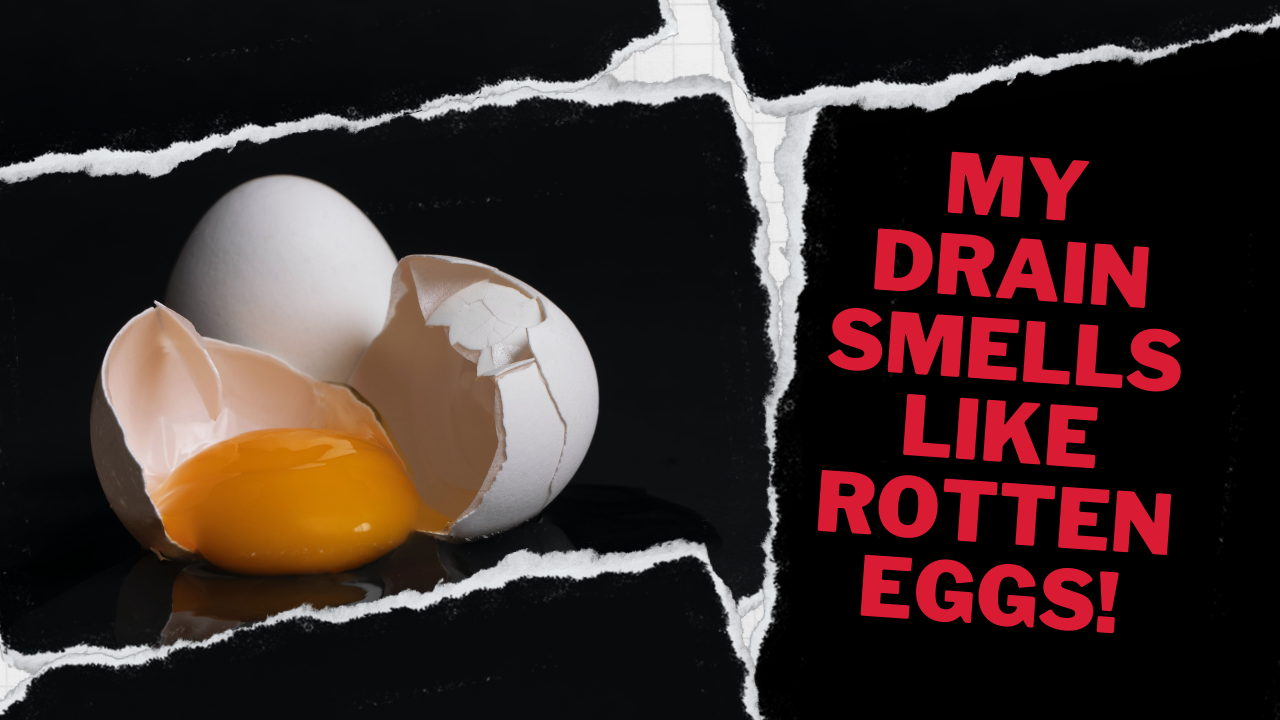
The Rotten Egg Smell from Your Bathroom Sink Drain
 When designing a house, there are many factors to consider, such as the layout, materials, and overall aesthetic. However, one crucial aspect that is often overlooked is proper drainage. Your home's drainage system plays a significant role in keeping your house clean, safe, and free from unpleasant odors, such as the infamous rotten egg smell coming from bathroom sink drains.
Why Does the Rotten Egg Smell Occur?
The unpleasant odor that emanates from your bathroom sink drain is often described as a "rotten egg" smell. This smell is a result of a buildup of hydrogen sulfide gas, which is produced by bacteria in the drain. When there is a lack of proper drainage, the stagnant water in the drain becomes a breeding ground for these bacteria, leading to the odor.
How Does Proper Drainage Prevent the Smell?
Proper drainage is essential in preventing the buildup of stagnant water in your bathroom sink drain. The drainage system is designed to carry water away from your home, preventing it from pooling in areas such as your sink drain. This ensures that there is no standing water for bacteria to thrive, thus eliminating the rotten egg smell.
Other Benefits of Proper Drainage in House Design
Aside from preventing unpleasant odors, proper drainage also has other benefits for your house design. It helps to prevent water damage, as water can seep into your home's foundation if not drained properly. This can lead to structural damage and costly repairs. Proper drainage also helps to prevent the growth of mold and mildew, which can cause health issues for you and your family.
Consult a Professional for Proper Drainage Design
To ensure that your home has proper drainage, it is best to consult a professional during the design process. A qualified plumber or contractor can assess your home's layout and advise on the best drainage system for your specific needs. They can also ensure that the drainage system is installed correctly and meets all building codes.
In conclusion, proper drainage is a crucial aspect of house design that should not be overlooked. It not only prevents unpleasant odors, but it also protects your home from water damage and potential health hazards. So, next time you notice a rotten egg smell coming from your bathroom sink drain, remember the importance of proper drainage in a well-designed home.
When designing a house, there are many factors to consider, such as the layout, materials, and overall aesthetic. However, one crucial aspect that is often overlooked is proper drainage. Your home's drainage system plays a significant role in keeping your house clean, safe, and free from unpleasant odors, such as the infamous rotten egg smell coming from bathroom sink drains.
Why Does the Rotten Egg Smell Occur?
The unpleasant odor that emanates from your bathroom sink drain is often described as a "rotten egg" smell. This smell is a result of a buildup of hydrogen sulfide gas, which is produced by bacteria in the drain. When there is a lack of proper drainage, the stagnant water in the drain becomes a breeding ground for these bacteria, leading to the odor.
How Does Proper Drainage Prevent the Smell?
Proper drainage is essential in preventing the buildup of stagnant water in your bathroom sink drain. The drainage system is designed to carry water away from your home, preventing it from pooling in areas such as your sink drain. This ensures that there is no standing water for bacteria to thrive, thus eliminating the rotten egg smell.
Other Benefits of Proper Drainage in House Design
Aside from preventing unpleasant odors, proper drainage also has other benefits for your house design. It helps to prevent water damage, as water can seep into your home's foundation if not drained properly. This can lead to structural damage and costly repairs. Proper drainage also helps to prevent the growth of mold and mildew, which can cause health issues for you and your family.
Consult a Professional for Proper Drainage Design
To ensure that your home has proper drainage, it is best to consult a professional during the design process. A qualified plumber or contractor can assess your home's layout and advise on the best drainage system for your specific needs. They can also ensure that the drainage system is installed correctly and meets all building codes.
In conclusion, proper drainage is a crucial aspect of house design that should not be overlooked. It not only prevents unpleasant odors, but it also protects your home from water damage and potential health hazards. So, next time you notice a rotten egg smell coming from your bathroom sink drain, remember the importance of proper drainage in a well-designed home.

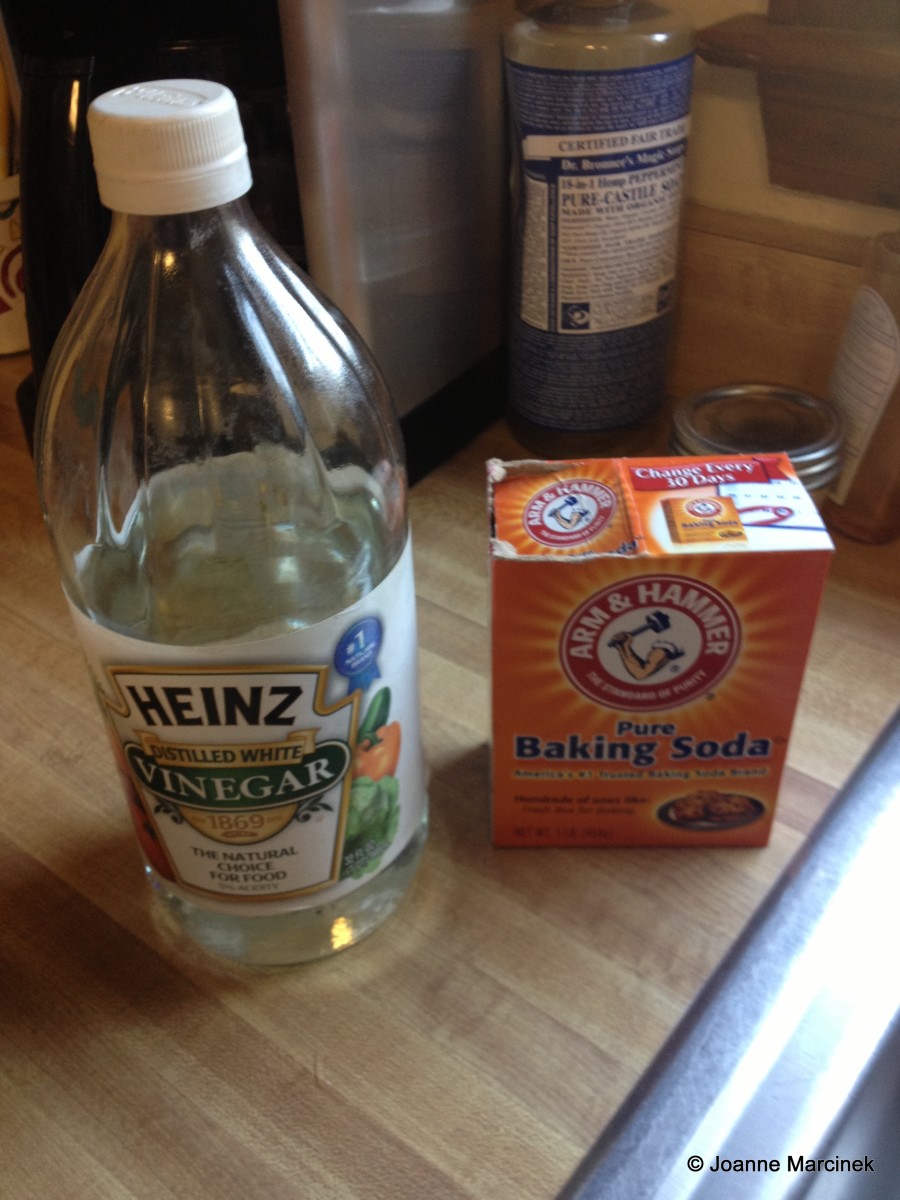










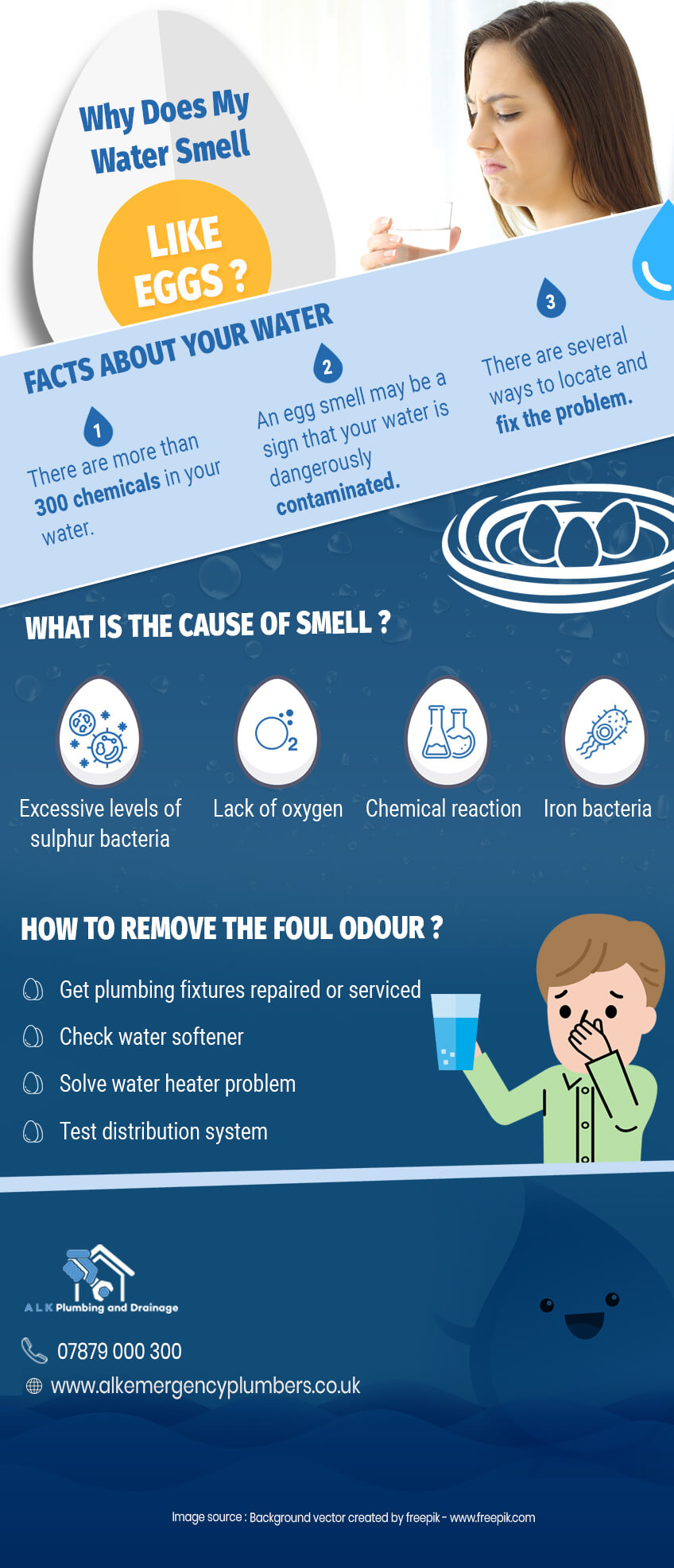






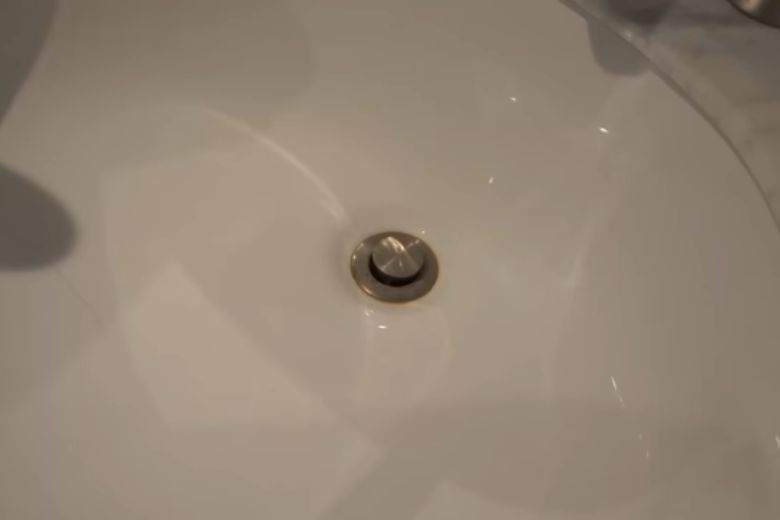






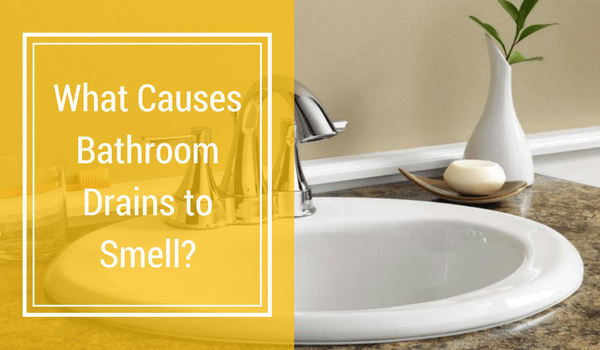
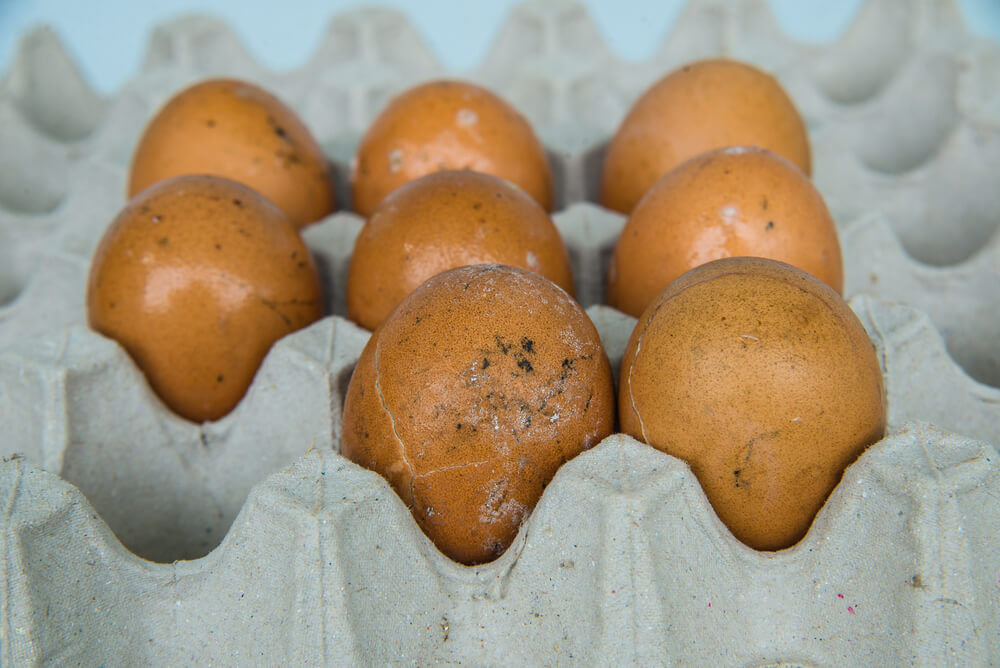





:max_bytes(150000):strip_icc()/freshen-and-unclog-drain-with-baking-soda-1900466-22-bbf940b70afa4d5abef0c54da23b1d3f.jpg)


